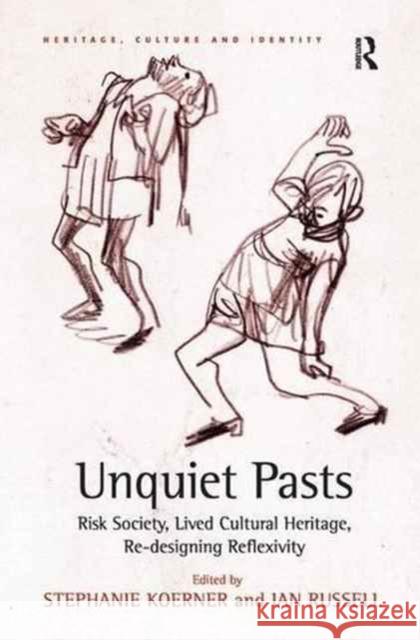Unquiet Pasts: Risk Society, Lived Cultural Heritage, Re-Designing Reflexivity » książka
topmenu
Unquiet Pasts: Risk Society, Lived Cultural Heritage, Re-Designing Reflexivity
ISBN-13: 9781138278479 / Angielski / Miękka / 2016 / 442 str.
Unquiet Pasts: Risk Society, Lived Cultural Heritage, Re-Designing Reflexivity
ISBN-13: 9781138278479 / Angielski / Miękka / 2016 / 442 str.
cena 254,11
(netto: 242,01 VAT: 5%)
Najniższa cena z 30 dni: 246,78
(netto: 242,01 VAT: 5%)
Najniższa cena z 30 dni: 246,78
Termin realizacji zamówienia:
ok. 22 dni roboczych.
ok. 22 dni roboczych.
Darmowa dostawa!
Includes bibliographical references and index.











